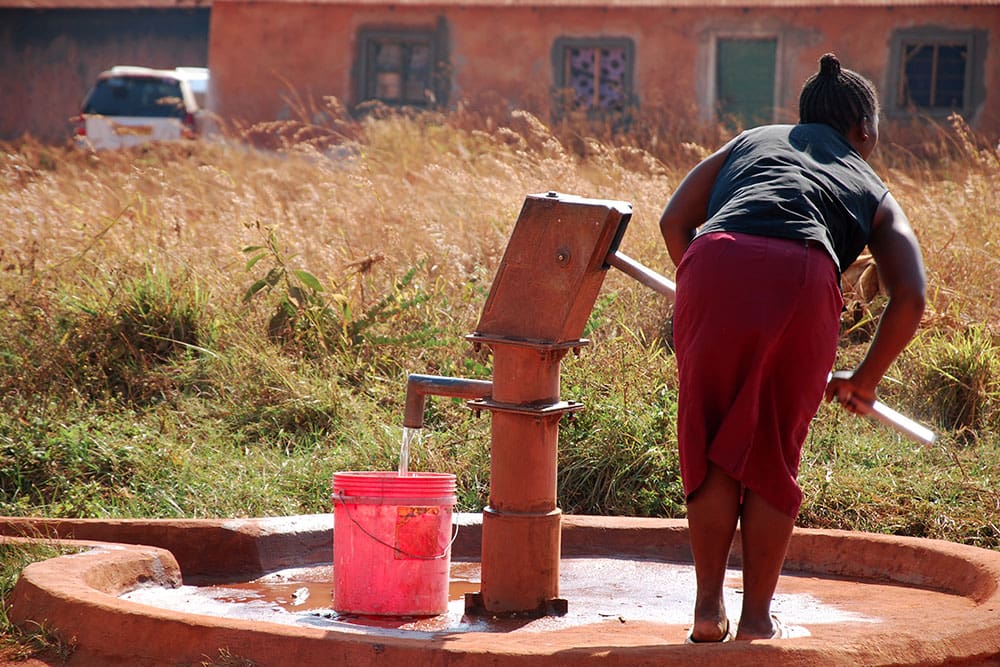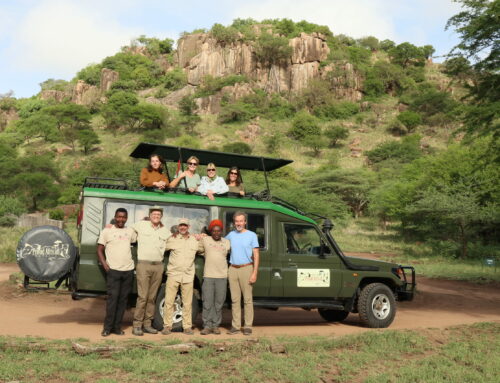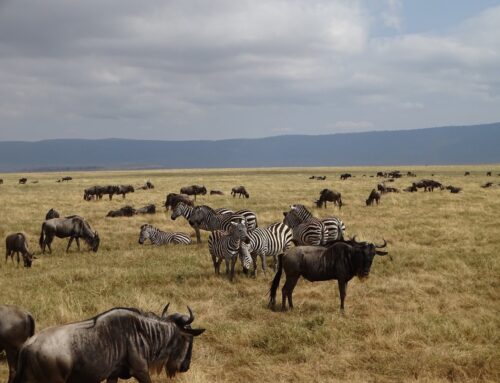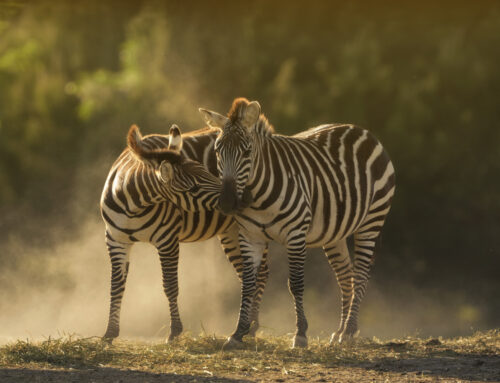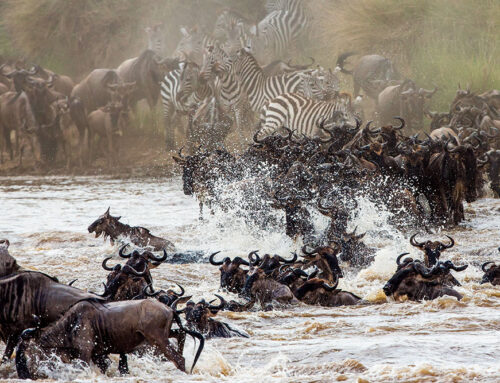Let’s take a look at the water crisis in Tanzania and what people are doing about it.
Tanzania is known for its rich culture, awe-inspiring ecosystems, and impressive wildlife; however, what many people don’t know, is that health in Tanzania is struggling with a situation that is threatening the lives of its local people.
The looming threat in Tanzania lies in its water supply and sanitation. Of the 53 million people living here, only half have access to an improved source of safe water. In addition, only 34% of the population has access to improved sanitization.
The lack of access to clean drinking water means that many people (usually women and girls) spend a great deal of their time traveling to find and collect safer water deposits.
How Can This Be Improved?
Fortunately, many have taken notice of the struggles that the Tanzania people are dealing with. No Water No Life (NWNL) has been investing time and resources into the potential for watersheds in Tanzania, which would help to promote cleaner water and healthier ecosystems.
Their main areas of focus include the Nile River, the Omo River Basin, and the Mara River Basin in Northeast Africa.
To improve health in Tanzania, NWNL has implemented six case-study watersheds in various countries. During this case study, they have been focusing on any consequences that could arise during the project’s lifespan, including pollution, watershed degradation, climate change, and more.
By applying their knowledge, research and key interviews to the project, NWNL is helping to create sustainable solutions in both developed and non-developed regions. Factors with the greatest focus include:
- Greater water-use efficiency
- Environmental restoration
- Watershed education
- Community-based conservation
Improving Tanzania’s Quality of Life
Clean water is a basic necessity, but many still don’t have access to it. Tanzanians, like all people, deserve quality water and accessible resources to maintain a proper quality of life. With projects like the NWNL watershed, we become one step closer to providing humanity with the most basic of needs that should never be underestimated.
Let’s take a look at the water crisis in Tanzania and what people are doing about it.
Tanzania is known for its rich culture, awe-inspiring ecosystems, and impressive wildlife; however, what many people don’t know, is that health in Tanzania is struggling with a situation that is threatening the lives of its local people.
The looming threat in Tanzania lies in its water supply and sanitation. Of the 53 million people living here, only half have access to an improved source of safe water. In addition, only 34% of the population has access to improved sanitization.
The lack of access to clean drinking water means that many people (usually women and girls) spend a great deal of their time traveling to find and collect safer water deposits.
How Can This Be Improved?
Fortunately, many have taken notice of the struggles that the Tanzania people are dealing with. No Water No Life (NWNL) has been investing time and resources into the potential for watersheds in Tanzania, which would help to promote cleaner water and healthier ecosystems.
Their main areas of focus include the Nile River, the Omo River Basin, and the Mara River Basin in Northeast Africa.
To improve health in Tanzania, NWNL has implemented six case-study watersheds in various countries. During this case study, they have been focusing on any consequences that could arise during the project’s lifespan, including pollution, watershed degradation, climate change, and more.
By applying their knowledge, research and key interviews to the project, NWNL is helping to create sustainable solutions in both developed and non-developed regions. Factors with the greatest focus include:
- Greater water-use efficiency
- Environmental restoration
- Watershed education
- Community-based conservation
Improving Tanzania’s Quality of Life
Clean water is a basic necessity, but many still don’t have access to it. Tanzanians, like all people, deserve quality water and accessible resources to maintain a proper quality of life. With projects like the NWNL watershed, we become one step closer to providing humanity with the most basic of needs that should never be underestimated.

